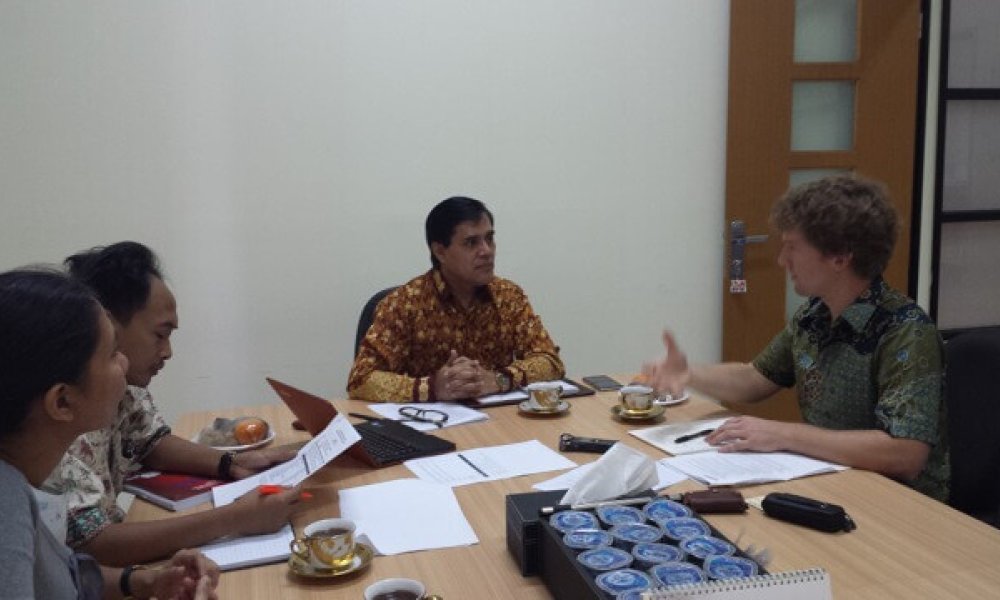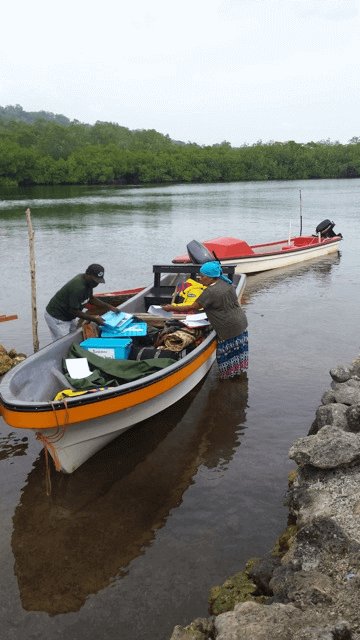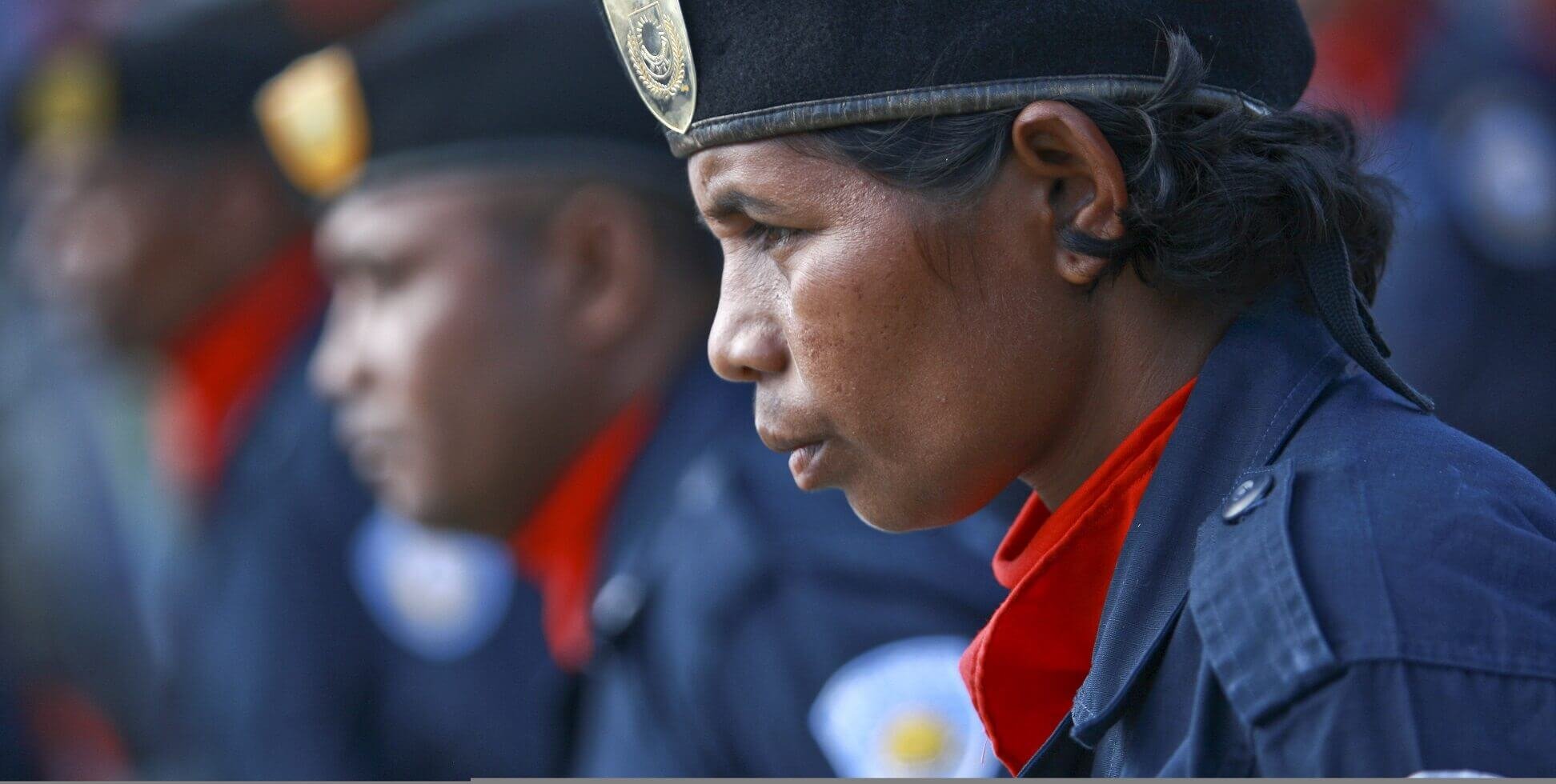The challenge
Aflatoxin is a contaminant of peanuts which poses major human health and economic risks throughout the world. Since the 1980s, ACIAR has contributed approximately A$4 million towards aflatoxin-reducing efforts in Southeast Asia. These projects included a mix of strategies to minimise the risk of aflatoxin during the production process, as well as surveying the prevalence of aflatoxin within South-East Asian markets.
In January 2015, Sustineo was engaged to undertake a scoping study and implement a full impact assessment of ACIAR’s investments in research projects aimed at reducing aflatoxin contamination in peanuts in Indonesia and Australia. Sustineo’s impact assessment focused on how outputs were used by regulatory policymakers, research centres, and the peanut industry in Indonesia and Australia, and the ultimate impact this had on aflatoxin risk mitigation.
Our approach
Throughout the project, Sustineo worked in close consultation with ACIAR. The project required an extensive review of academic and government literature regarding aflatoxin and its impacts on health and development. Our team extended on this review with a further 22 interviews with ACIAR project participants, including field work in Indonesia.
The econometric and quantitative measures often employed in ACIAR impact assessments were not sufficient for understanding the full scope of impacts for this project. To address this issue, our team designed the RAPID framework – a new qualitative impact assessment methodology – to better capture the broad range of capacity building and policy impacts of ACIAR’s aflatoxin projects.
Outcome
Sustineo’s impact assessment revealed a broad range of sustained impacts on policy, research and industry within Australian and Indonesia contexts. The final assessment noted that significant impact had been made through the capacity building of Indonesian researchers, with participating research institutions gaining international recognition and policy influence for their work. The project also identified a range of contextual challenges that need to be understood and better integrated into future research project design.
The new conceptual framework and qualitative methodology designed by Sustineo was successful in investigating how knowledge generated by ACIAR investment led to sustained change in policy and research. This provided ACIAR with a broad range of tools to assess project impact, and provided a new impact assessment methodology that can be used as part of a mixed-methods project assessment. The final report was made available online as part of ACIAR’s Impact Assessment Series.


